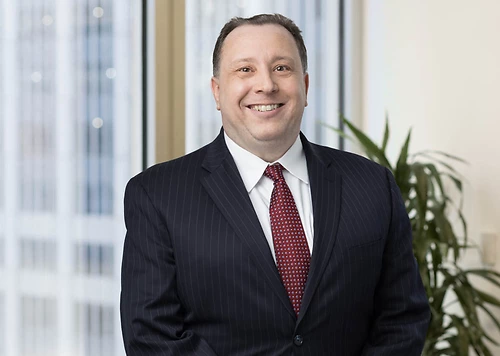Last month, while presenting the opening remarks at the 2017 North American Securities Administrators Association’s and SEC’s Annual Section 19(d) Conference, U.S. Securities and Exchange Commission (SEC) Commissioner Michael Piwowar cautioned state and federal regulators concerning the use of SAFEs in offerings intended for retail investors. On the same day as Piwowar’s speech, the SEC’s Office of Investor Education and Advocacy released an investor bulletin describing SAFE instruments.
SAFE stands for “simple agreement for future equity.” A SAFE is an agreement between an investor and a company in which the company generally promises to give the investor a future equity stake in the company if certain triggering events occur, such as a preferred equity financing, an IPO, and/or a change-of-control transaction.
SAFEs were originally developed in Silicon Valley as a funding mechanism for early-stage companies as an alternative to a convertible note financing. Among the advantages of SAFEs that made them popular with venture capitalists on the West Coast were that, compared to convertible note financings, SAFEs could be generated more quickly with lower transaction costs as negotiation was generally limited to the valuation cap. The valuation cap establishes the maximum valuation upon which conversion of a SAFE to equity would be based. While SAFEs resemble convertible notes in some respects, they do not (i) accrue interest, (ii) have a maturity date, (iii) pay dividends or (iv) grant holders voting rights. Unlike debt securities, investors are unable to declare a SAFE in default in order to accelerate repayment. As Mr. Piwowar pointed out, if the terms of the SAFE are not met, the investor is left with nothing.
Although originally intended for sophisticated investors, SAFEs are increasingly being sold to retail investors through crowdfunding offerings. Unlike venture capital investors who found value in obtaining an opportunity for a potential future equity stake in exchange for a relatively small investment in a SAFE, it is unclear if retail investors in Regulation Crowdfunding transactions possess the necessary financial sophistication to understand the risks involved in a SAFE investment. As Mr. Piwowar stated in his speech and as included in the SEC’s investor bulletin, despite its name, a SAFE is neither simple nor safe. If the triggering events do not occur, the SAFEs do not convert. This can include scenarios in which the company issuing the SAFE is successful, but because the company does not need to raise future capital or is not acquired by another company, depending on the terms of the SAFE, the conversion of the SAFE is not triggered.
The SEC is to be applauded for its efforts in explaining the complexities of SAFEs to the general public and crowdfunding participants in particular. With this aid but without additional SEC regulation, whether a SAFE is a proper investment for a retail investor is up to the individual investor. Having been properly warned of the risks involved, the principle of caveat emptor should apply.
- Partner
Jason regularly structures and negotiates wide-ranging secured and unsecured debt financing transactions, including senior, mezzanine, first lien, second lien, and other subordinated debt facilities ...

